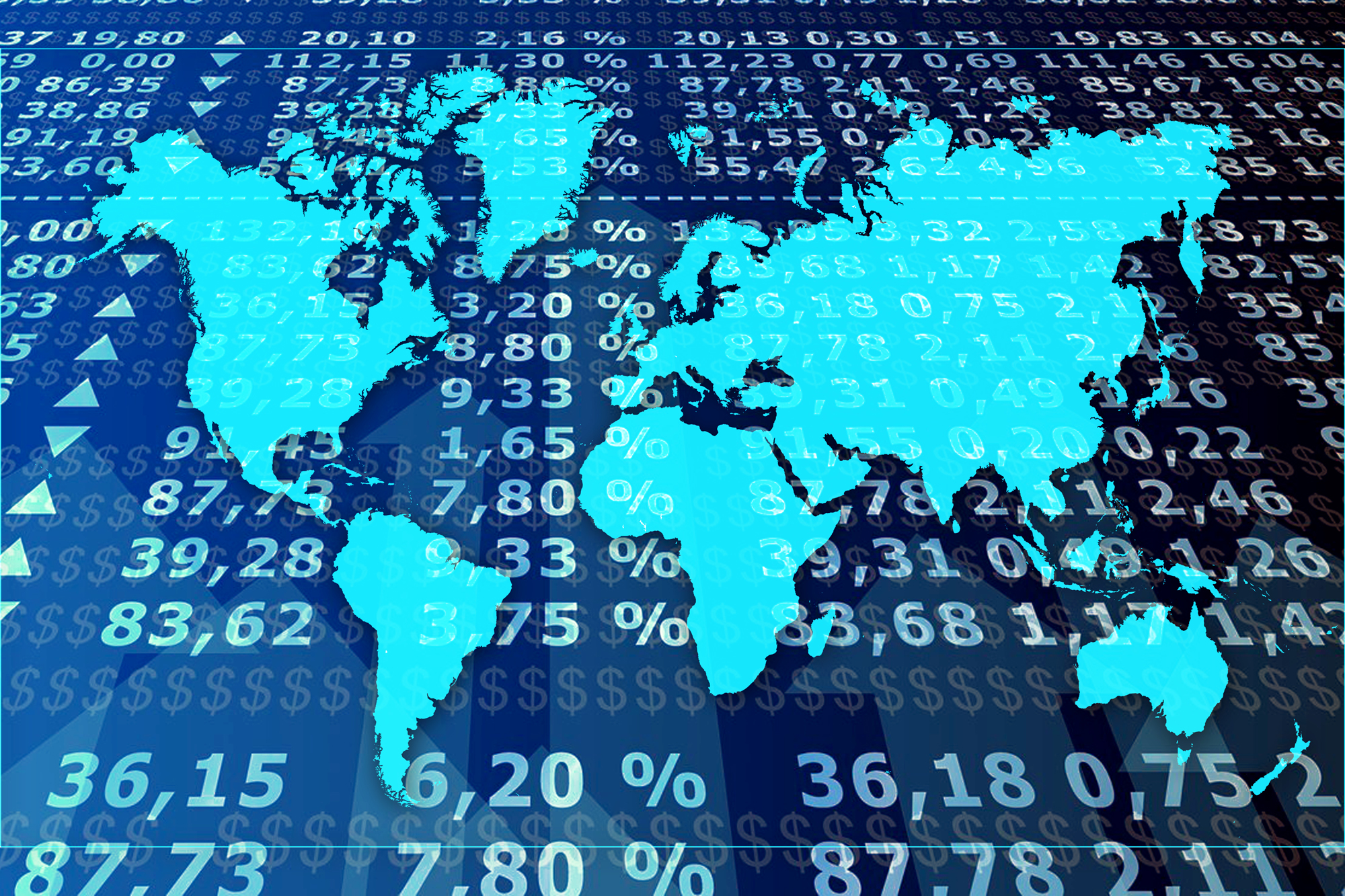The global economy is weakening, in no small measure because of a deep, widespread sense of uncertainty. And a major source of that uncertainty is the ongoing Sino-American "trade war."
As Lawrence J. Lau of Stanford University has shown, the problem is not that tit-for-tat tariffs have had an especially large impact, except perhaps on particular U.S. and Chinese economic sectors. Rather, the conflict has cast doubt on the future of global economic connectivity, which has led to lower investment and consumption in China and the United States, and among their respective trading partners.
Moreover, the Chinese state has expanded its role in the economy. State-owned enterprises are back in favor among young job seekers and in the eyes of the largely state-owned banking sector, even though many SOEs really should be restructured rather than kept afloat. At the same time, many private sector firms are finding credit scarce and very expensive, and bankruptcies appear to be on the rise. Periodic policy interventions to reverse these long-standing public-private asymmetries have proved insufficient.

















With your current subscription plan you can comment on stories. However, before writing your first comment, please create a display name in the Profile section of your subscriber account page.